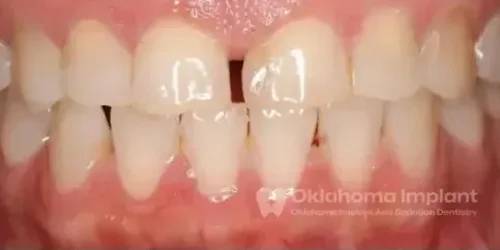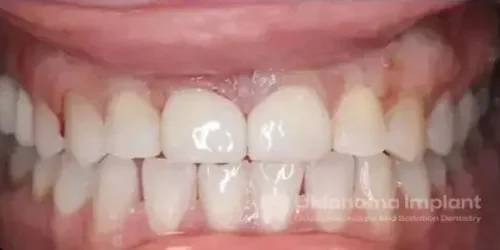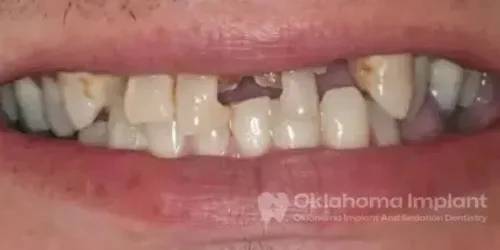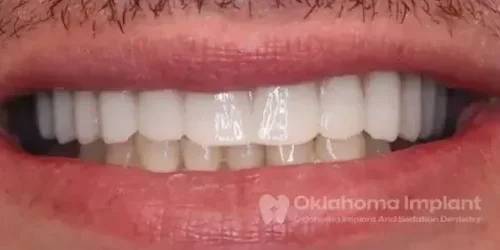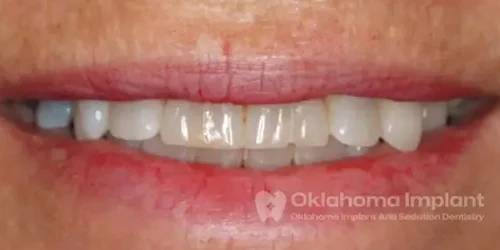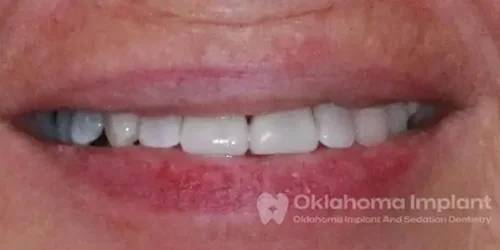Elevate Your Smile with Dental Implants
Dental Implant Expert - in Oklahoma City, OK
Placed
Reviews
Affordable
Rebuild Your Smile with Advanced Implant Solutions
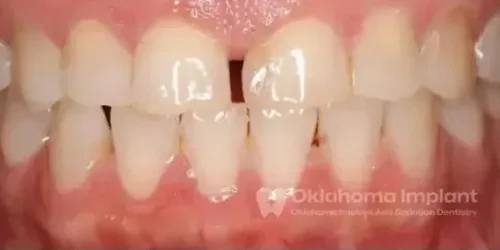
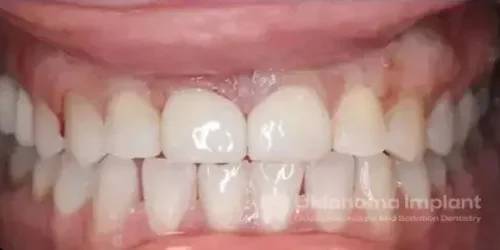
Patient-Focused Care | Your goals guide every step of the process as we prioritize your best interests.
Specialized Services | Our focus on smile restoration means lower costs, fewer visits, and superior results.
Advanced On-Site Technology | Our modern equipment, located directly at our facility, helps reduce costs, speeds up treatment times, and minimizes the risk of complications.
Transparent Pricing | After your consultation, you’ll know exactly how much your procedure will cost. We also offer flexible financing options.
Comfort & Pain Management | We offer a range of sedation options to alleviate anxiety and discomfort.
Hundreds of Smiles Restored | , a highly regarded implant dentist in , has restored hundreds of smiles. Dental implants (artificial tooth roots placed in the jaw) are his passion, and he’s renowned for changing lives with this expertise.




Our Implant Specialist
Meet Dr. David Lawrence
Top-Qualified Dentist in Oklahoma City, OK
Select an Option to Learn More
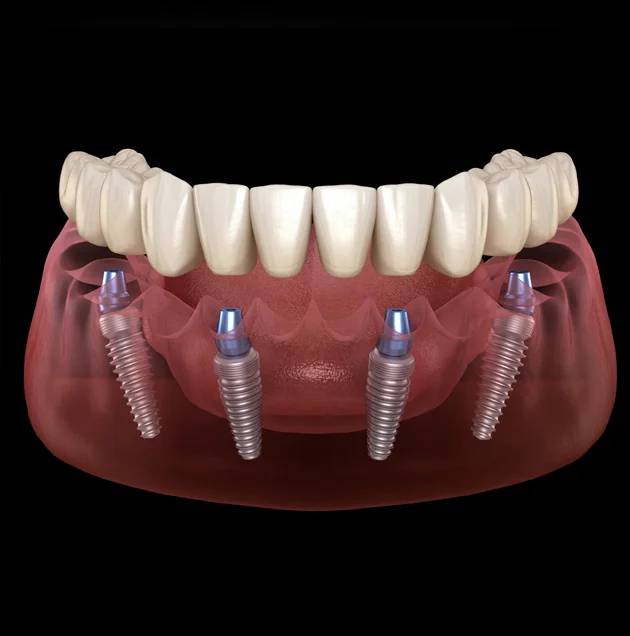
All-On-4 Dental Implants
All-on-4®, also known as “Teeth in a Day,” is an advanced dental implant solution designed for those with severely compromised or missing teeth. Perfect for individuals frustrated with dentures or the discomfort of failing teeth, this treatment utilizes four to six strategically placed implants to create a fixed, dependable smile.
These implants function like natural teeth, providing exceptional stability and eliminating concerns about slipping, breaking, or shifting. Patients can speak, laugh, and eat with confidence, enjoying a secure and comfortable fit.
With the advantage of our in-house digital lab, patients leave the office the same day with a temporary set of functional teeth, allowing for a smooth healing process. Our expertise in All-on-4® ensures a fast and effective restoration, giving patients renewed confidence and a beautifully restored smile.
All on 4 Dental Implants
$22,995
$285/mo
$42,995
$450/mo
Single & Zygomatic Implants
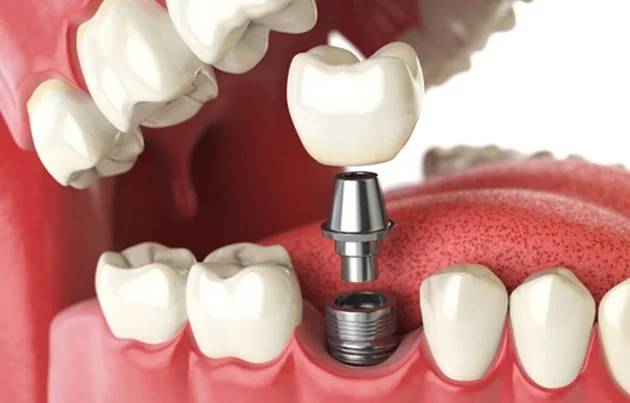
Single Tooth Implant
Dental implant restorations are custom prosthetic teeth designed to attach to implants, restoring both function and aesthetics. For a single missing tooth, a carefully crafted dental crown seamlessly blends into your smile, providing the look and performance of a natural tooth. When paired with a titanium implant, this restoration offers exceptional durability and long-term reliability.
Caring for a Single Tooth Implant is just like caring for natural teeth—regular brushing and flossing help maintain its strength and health. With proper care, dental implants can last over 30 years, making them a lasting solution for a complete, confident smile.

Zygomatic Implants
Single Tooth Implant
$4,600
Zygomatic Implants
$24,995
$49,990
Available Financing & Payment Options
Contact us to learn more about our financing options and schedule your FREE consultation with our dentists today!
We know not all patients have dental insurance, so we also accept alternatives to paying for dental care through Cherry, CareCredit®, Sunbit, Proceed Finance, and LendingClub.






